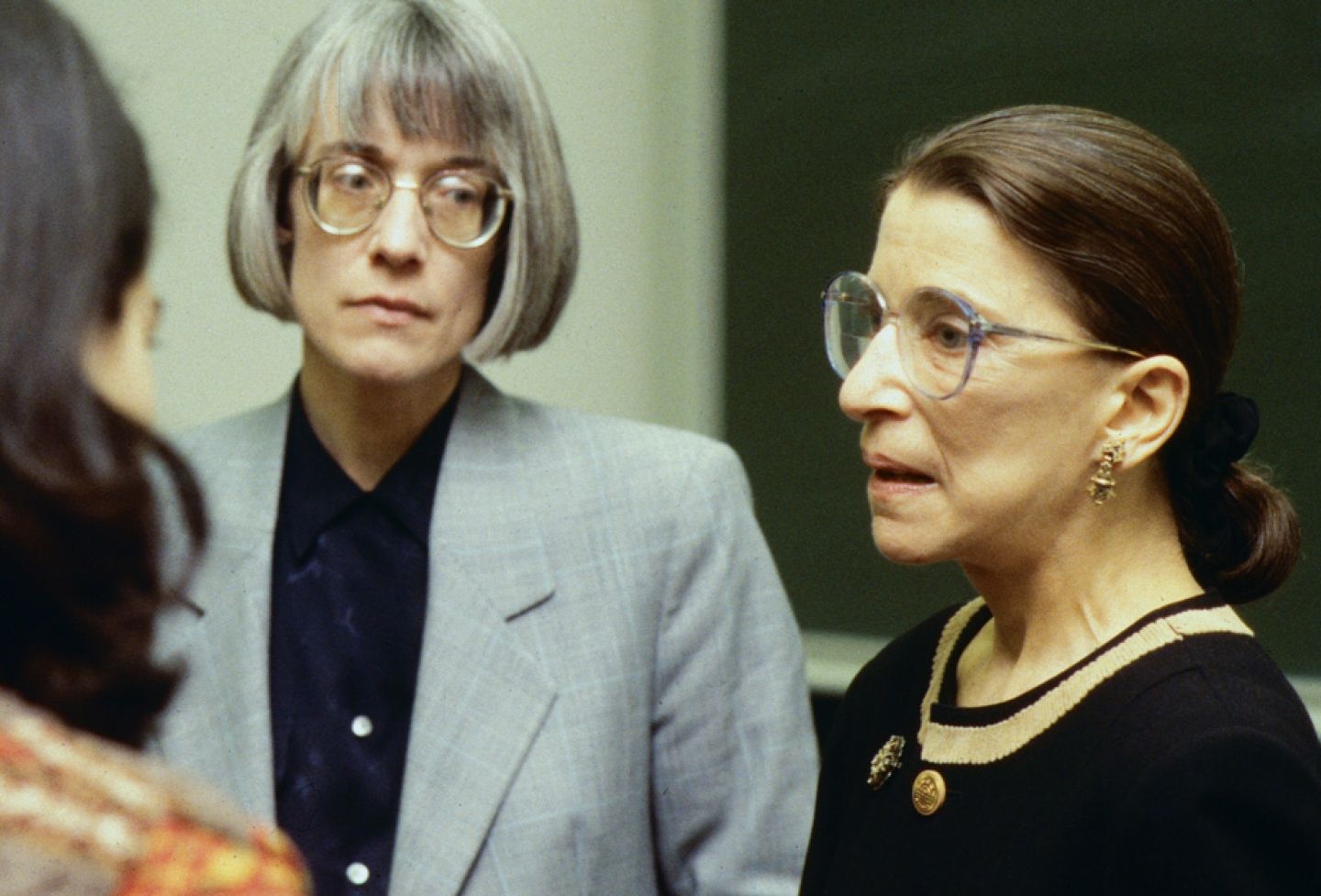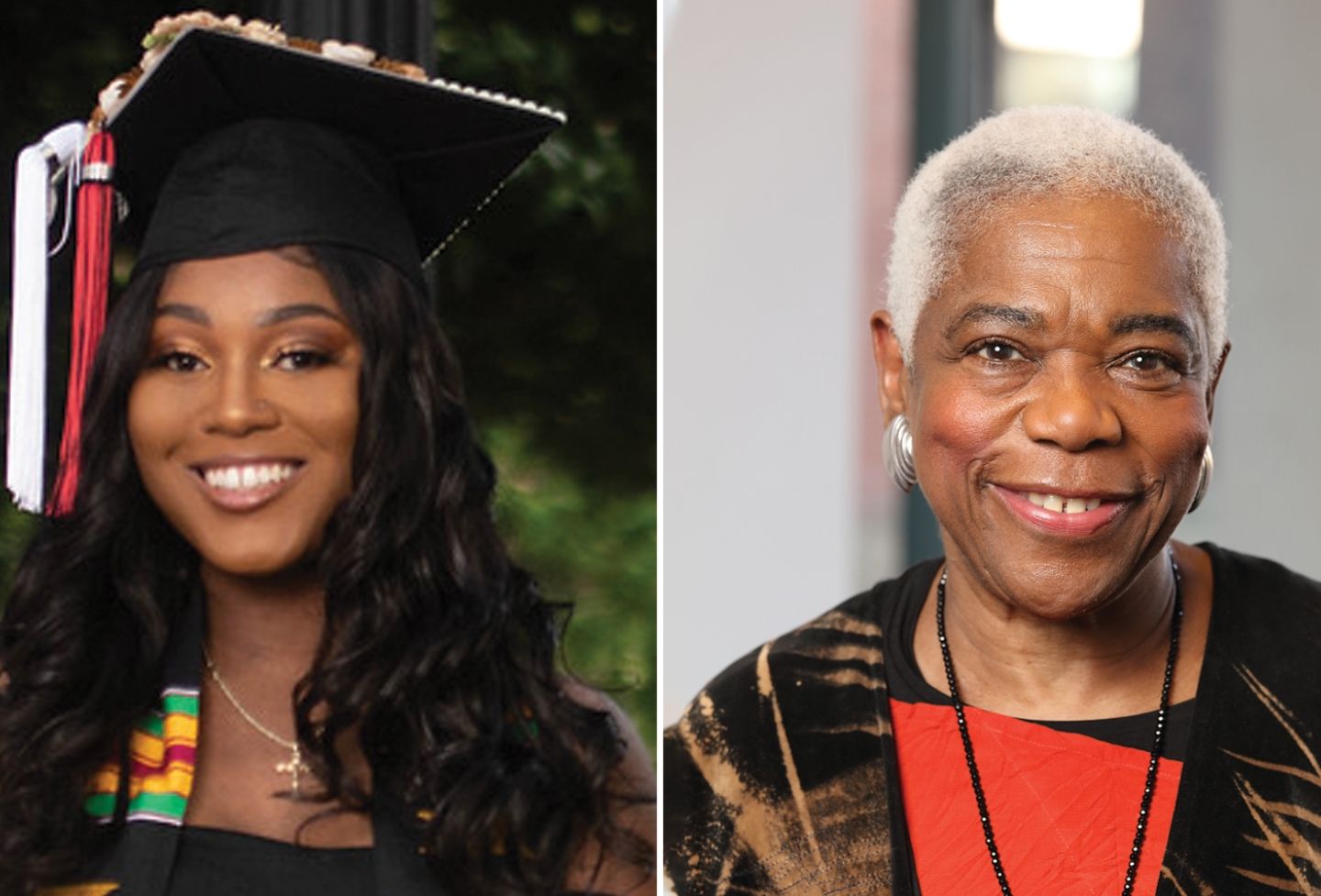Jones is a member of the UVA Board of Visitors, a former deputy secretary for the U.S. Department of Housing and Urban Development, and a former Virginia secretary of commerce and trade.
Who were your heroes or role models growing up?
My grandfather went to school for six years in a barn. My grandmother went to the local colored high school. These were my heroes growing up. They taught me to work hard. They wanted me to be nice. And they wanted me to get all the education I could get.
Tell us about your work at the Local Initiatives Support Corp.
I run a big nonprofit development finance company. And my job is to help us use capital and technical assistance to fight poverty and to catalyze opportunity. That’s really the job.
What are some ways LISC has closed the opportunity gap?
LISC has provided financing for about 420,000 units of affordable housing. LISC has also financed the building of thousands of child care centers, charter schools and recreation centers in low-wealth communities all across the country.
And then LISC has provided consulting services, and money, and technical assistance to small-business owners, particularly small-business owners who are people of color, or women, or working in rural areas.
Last year alone, we invested $1.8 billion in community development projects all over the country.
How is the group helping entrepreneurs in light of COVID-19?
In this period, when businesses are really facing existential threat because of the pandemic and the recession, we’ve raised almost $100 million for grants to small businesses.
Since March, we have been raising and deploying that money. And it’s really small grants to the tune of $5,000, $10,000, up to $25,000, with which businesses are paying utilities, paying for supplies, paying vendors, paying rent.
In addition to that, we’ve been making what are known as PPP loans — paycheck protection loans — that are forgivable loans to businesses. We’ve made about $50 million in loans that businesses can use to pay the wages of employees and those loans will be forgiven as long as they use the proceeds in the correct way.
And then the last piece is, we’ve been providing grant dollars to build and sustain an ecosystem around the businesses.
What are some things you learned from your state and federal government service?
In government, you have to make a lot of different parts work together in order to get stuff done. That’s the thing at LISC. When we go into a community trying to help become an agent of opportunity, we have to figure out how to work with local governments, philanthropic sources, the corporate sector, the community sector and residents in order to get projects done. And so there’s this notion of being the conductor of an orchestra and my job is to help us make music.
You have the last word. What do you want to say?
We’re in an incredible moment of opportunity for the country right now. And that moment of opportunity is to rededicate ourselves to this concept that people who don’t look like me, people who don’t have my faith, people who don’t live in my same ZIP code, people who don’t share my gender, still and unquestionably and always share my humanity, right?
And the question is what all of us can do to really, really make advancements in that space.
I find that incredibly, incredibly inviting. And so that’s the work to be done, my friend.



